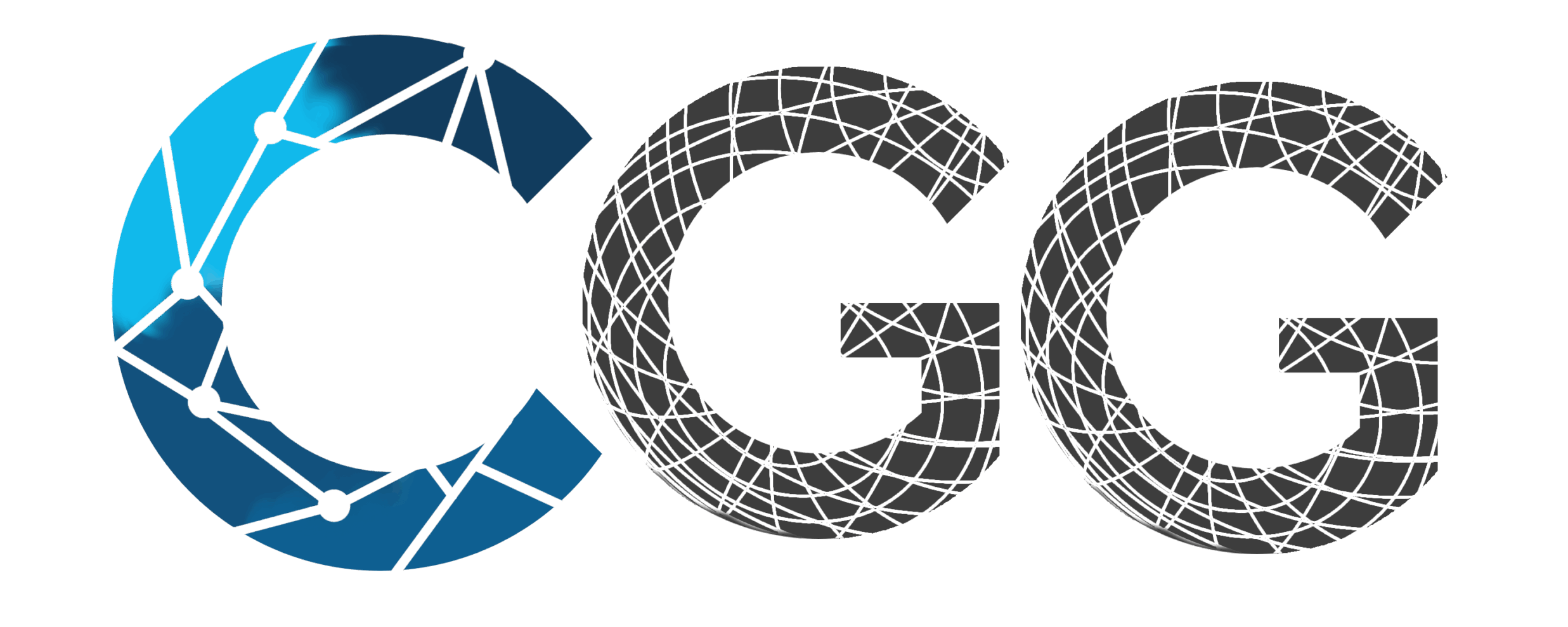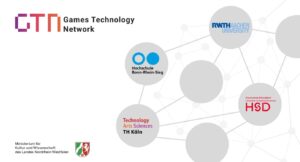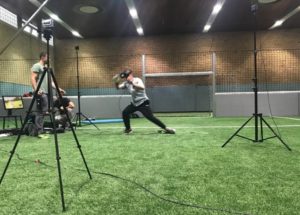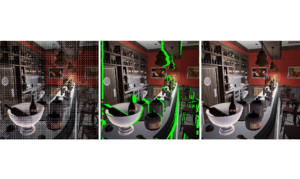Metaverse in Civil Engineering
N. Bartels, A. Fuhrmann, R. Kasper, P. Di Biase, K. Hahne: Metaverse in Civil Engineering
In: 4th IEEE German Education Conference (GECon), 2025
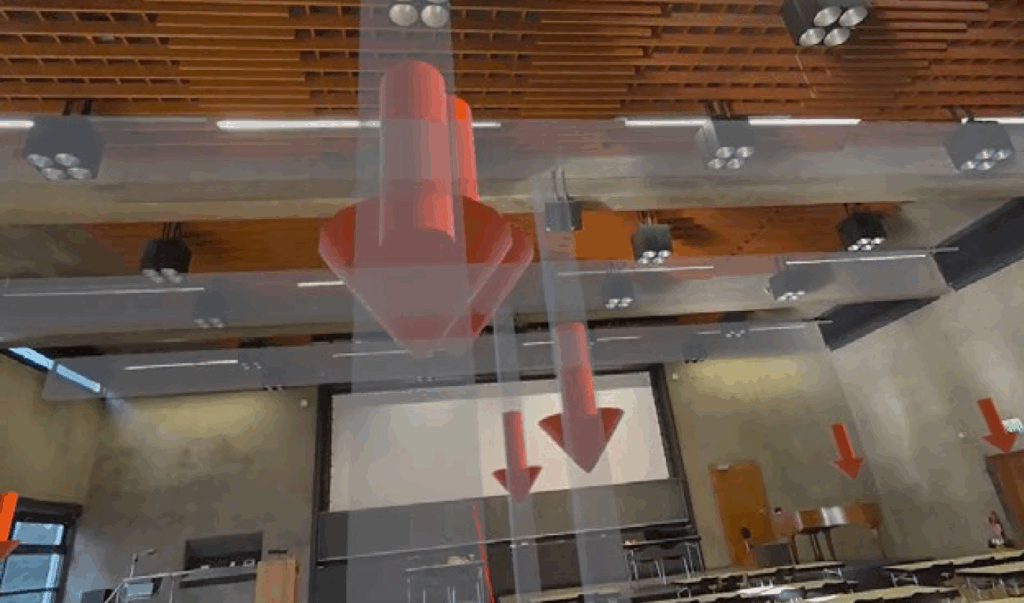
Visualization of the load distribution, choice of several structural systems, and animation of the load distribution.
Abstract
The integration of the metaverse in civil engineering education offers transformative opportunities for enhancing learning outcomes through immersive and interactive digital environments. This study explores the implementation of metaverse-based teaching methodologies in civil engineering courses at Technische Hochschule Köln (TH Köln), focusing on “Digital Design and Construction,” “Building Construction,” and “Building Physics.” A metaverse application was developed and tested, incorporating Augmented Reality (AR) and Virtual Reality (VR) technologies to facilitate interactive learning experiences. The study involved structured workshops, expert interviews, and student evaluations to assess engagement, comprehension, and skill development. Results indicate a significant increase in student confidence and motivation when using metaverse-based learning tools, though we did not find significant differences in exam performance compared to traditional teaching methods. Challenges such as technological accessibility, motion sickness, and content standardization were identified as key barriers to widespread adoption. The findings highlight the potential of the metaverse to revolutionize engineering education, emphasizing the need for further research on long-term learning effectiveness, scalability, and integration with Building Information Modeling (BIM) and Digital Twins.
